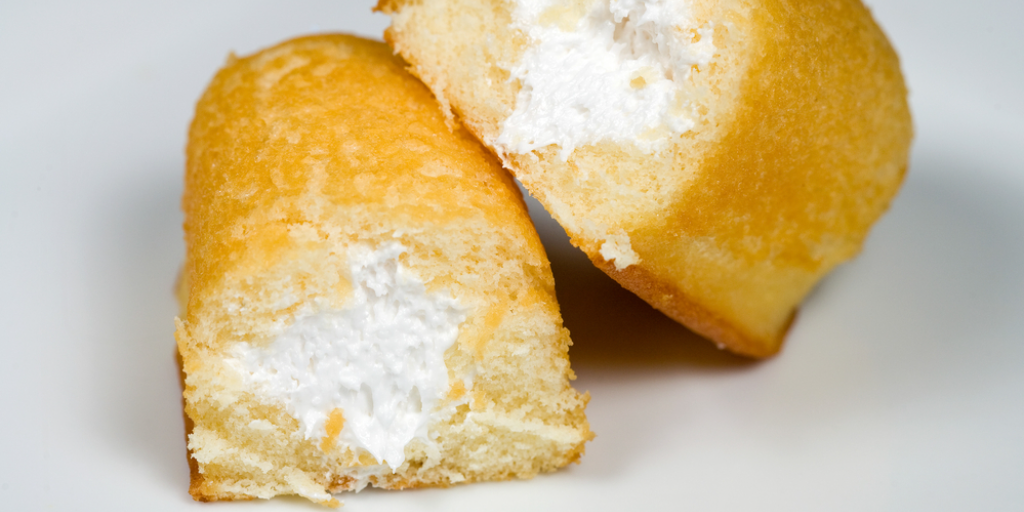Try your hand
To “try your hand” at something is to attempt to do something, to make an effort at doing something. It often suggests that this is something of an experiment. Maybe you don’t have a lot of experience doing this thing. Or maybe others have tried doing it and failed before you.
We usually say, “try your hand at” plus an -ing verb. Or you can say, “try your hand at” plus an activity.
A few years ago, I decided to try my hand at running an online business. I had always worked for other people before; I had never started a business. But I saw an opportunity and started an online business. I had no experience in the industry, no experience selling products or services online. That’s why I would say, “I tried my hand at running an online business.”
So that’s how you use it with an -ing verb. Here’s how you use it with an activity.
Earlier this year, we talked about Tony Bennett. He had become famous singing old showtunes. But when the Beatles came to America, Tony Bennett tried his hand at pop music . That wasn’t his expertise; that wasn’t his specialty. He didn’t have a reputation as a pop singer. But he tried his hand at pop music. He tried it. It didn’t work for him. He went back to the classics—and continued to have a great career doing what he wanted. In fact, later in life he said he regretted having tried his hand at pop music. But at least he did try.
In today’s lesson, you learned that Hostess, the maker of the Twinkie, declared bankruptcy in 2012. Then, I said, two private equity firms tried their hand at making the Twinkie profitable .
Now, those firms are very experienced in business. They were very experienced in the food business. So it’s not like they were trying something new by buying a food business. But they were trying to do something where others had failed before. And remember that’s another way to use “try your hand,” to try to do something where others have failed.
So Hostess went bankrupt twice trying to sell Twinkies and other snacks. After the second bankruptcy, they gave up. They didn’t want to make Twinkies anymore. That’s when these two private equity investors tried their hand at making Twinkies—and they were able to succeed after the previous management had failed.
Michael Jordan is a famous basketball player. He retired from professional basketball (the first time) and decided to try his hand at baseball. He played professional baseball for a few years, though not in the highest league.
On Monday, you heard about Kelvin Kiptum , a twenty-four-year-old runner from Kenya. He’s been running for a long time. Starting at age 13, he started running half-marathons. He ran several and either won them or placed near the top in half-marathons in Kenya, Portugal, France, Spain, and other countries.
Then he decided to try his hand at the full marathon. This was not a bad choice. His very first marathon was in Valencia, Spain—he won it, and ran it in the fourth-best time in history. He tried his hand at running a full marathon and he did very well. He went on to set the world record in Chicago in 2023, this year.
See you next time!
Now listen, if you want to try your hand at using some of the expressions you learn at Plain English, then there is a great way for you to do that. On our website, at PlainEnglish.com, we have the transcripts. And below the transcript is a practice area, where you can try your hand at using “try your hand” or “lean into,” “cut short,” “creep out,” or any of the other 600-plus expressions we’ve talked about here.
That is available to Plus+ members—and the best thing is, I read every single example our members write and I reply with feedback. That way, you know you’re using the expressions correctly. So when you go to use them in real life, you’ve already gotten some practice with me.
So that’s part of the Plus+ membership; if you’re not yet part of that, you can sign up at PlainEnglish.com/Plus
And that’s all for us today at Plain English. We’ll be back on Monday with a new topic. See you then.
Use realistic expressions like a native speaker

